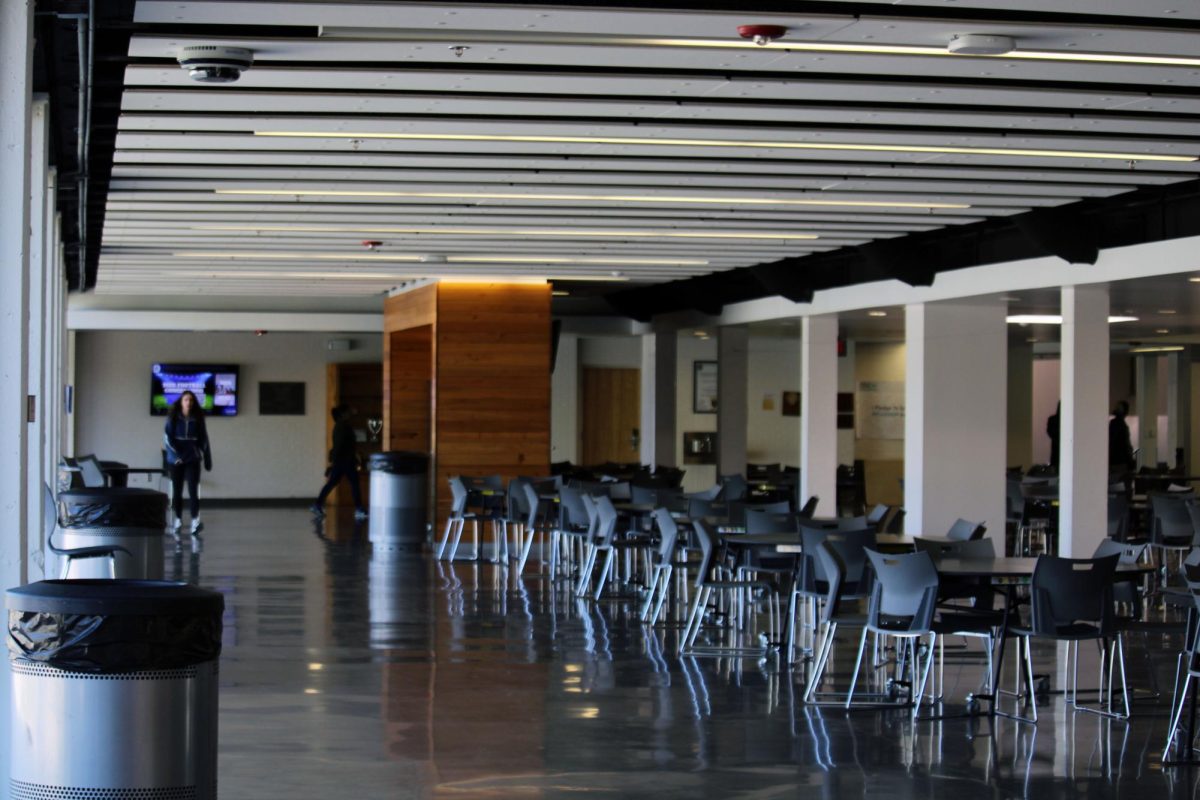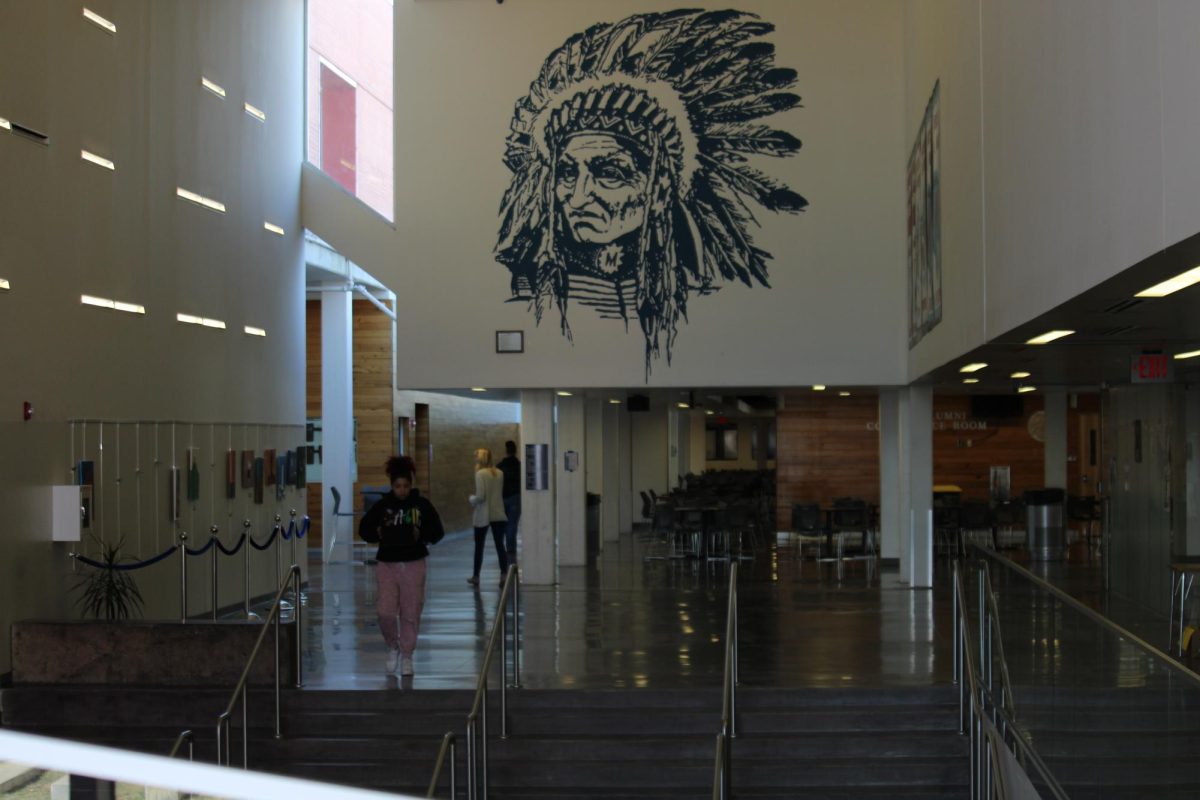Manhattan, Kansas, is located in the heartland of America. To the naked eye, not much happens here. After all, we are just a small college town of around 50,000 residents. Yet, many overlook the potential that lies here—a potential that is rarely optimized.
The Mentor Editorial Board believes that small businesses, local innovators and University partnerships must be supported and nurtured for Manhattan to grow as a community.
Just recently, a 40-year music-shop establishment on Poyntz Avenue, called Glenn’s Music, announced their plans to close. Late last year, Aggieville icon Dusty Bookshelf nearly closed down. Similar trends have continued for various small businesses in town. Nationwide, the economic implications of small businesses are well known, and the same holds true in Manhattan. However, the significance of small businesses in MHK runs far deeper.
At the core, Manhattan is truly a melting pot of various identities, peoples, and cultures. Kansas State University brings nearly 20,000 students each year, nearby Fort Riley is always changing, and national-level research facilities are luring many.
However, Manhattan does not seem to reflect this unique culture. For example, there is not a single Mediterranean/Middle Eastern eatery in town. Moreover, the presence of local, non-chain restaurants is shockingly small. Manhattan is a community built on connection, and local cultural establishments must be a priority.
On the retail side, many small thrift shops and boutiques are still in business, but they are often overshadowed by the Marshalls, Ross and Old Navys of the town. In a growingly digital age, the classic mom-and-pop shops are falling behind. The city of Manhattan needs to support these businesses in all areas, from digital marketing to increased advertising and developing a larger community presence. The lack of support small businesses receive in this town is concerning, preventing not only those businesses but the town itself from thriving.
Manhattan is a college town home to one of the premier land-grant institutions in the region. Yet, there is a significant disconnect between the university and the city. K-State’s researchers in Business, Leadership and Administration, just to name a few, are actively engaged in impactful projects. Their expertise could address local challenges, particularly those faced by small businesses in Manhattan. These relationships between university changemakers and city leaders must be fostered for Manhattan to grow.
As K-State Head Men’s Basketball coach Jerome Tang says, “There exists a special synergy here between the community, university, and athletics.” This harmony extends to our small businesses, innovators, and community changemakers. Nurturing these relationships is crucial for Manhattan to realize its full potential — a potential that promises to shape generations of innovative growth and prosperity in “The Little Apple.”










